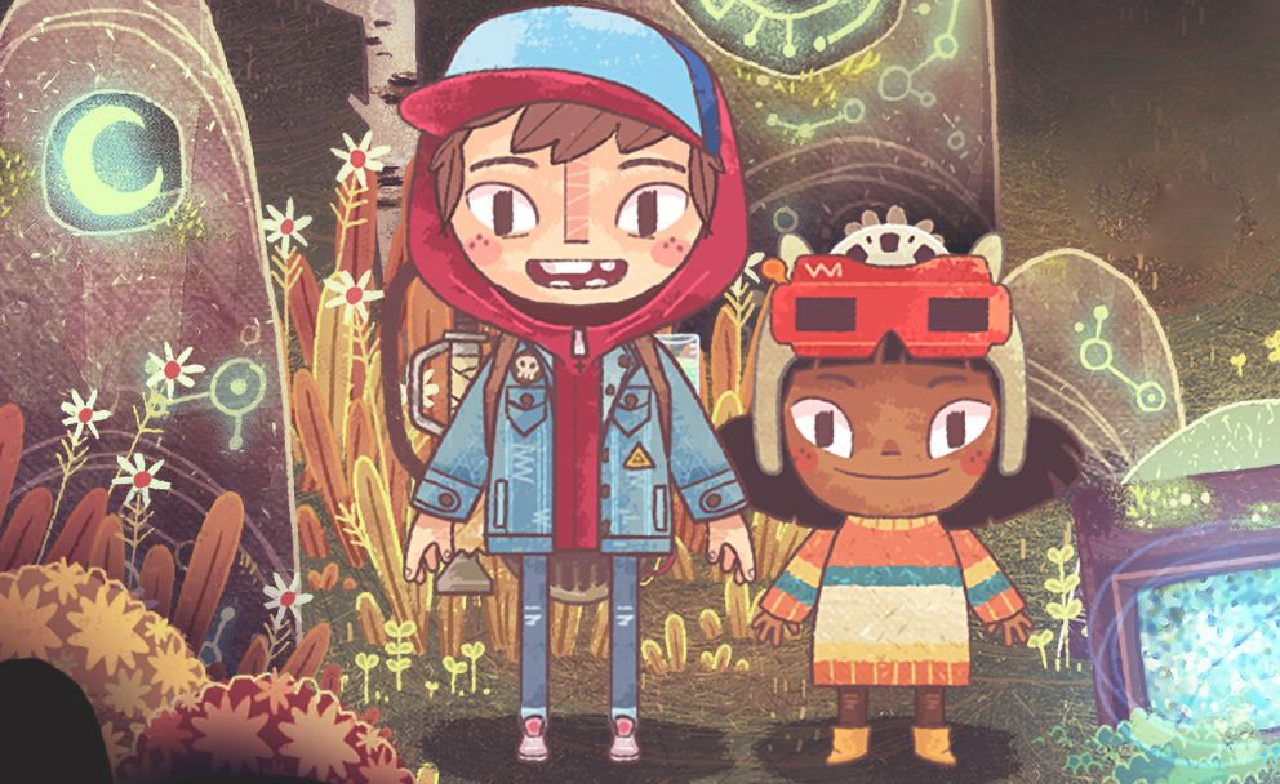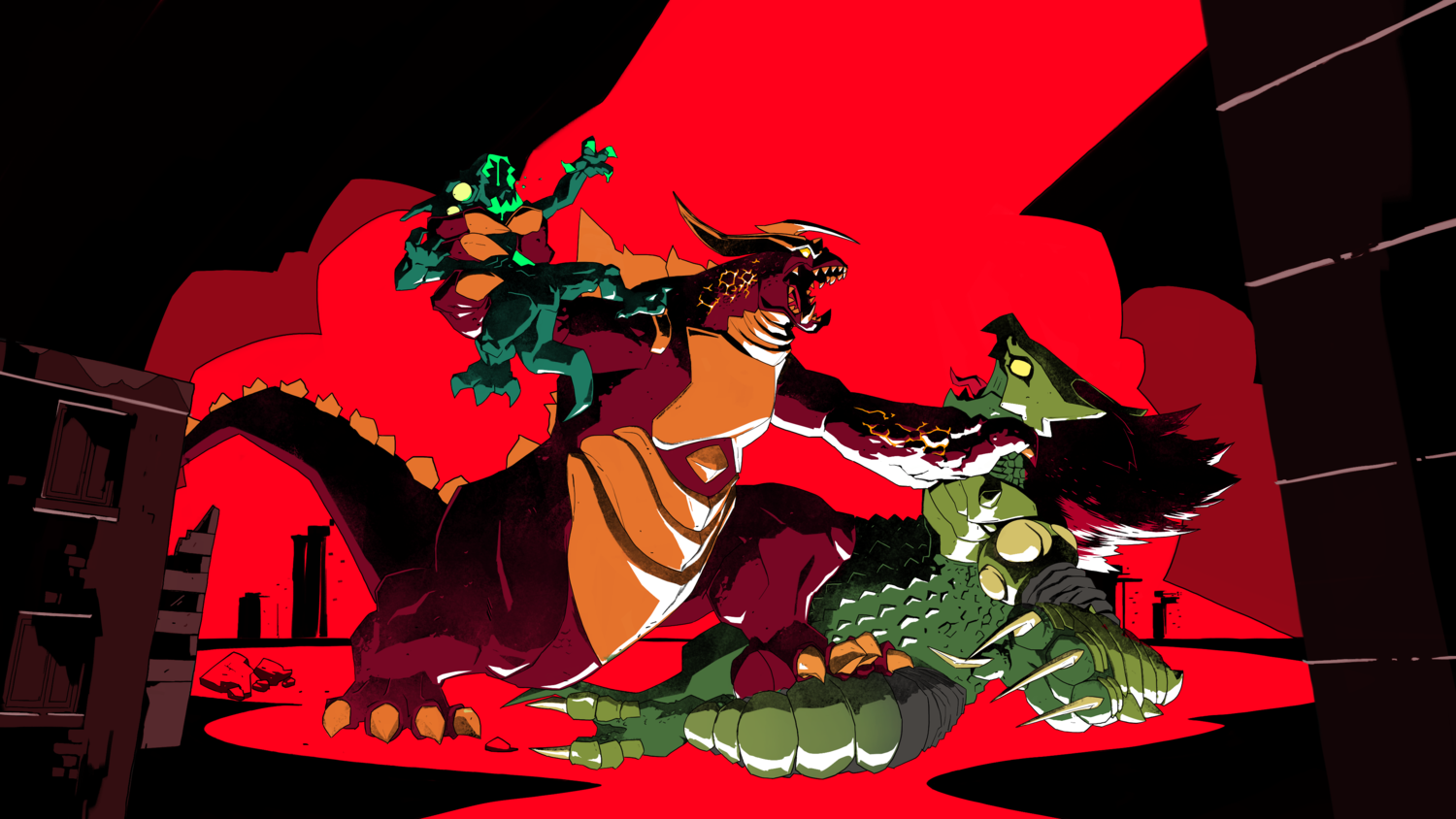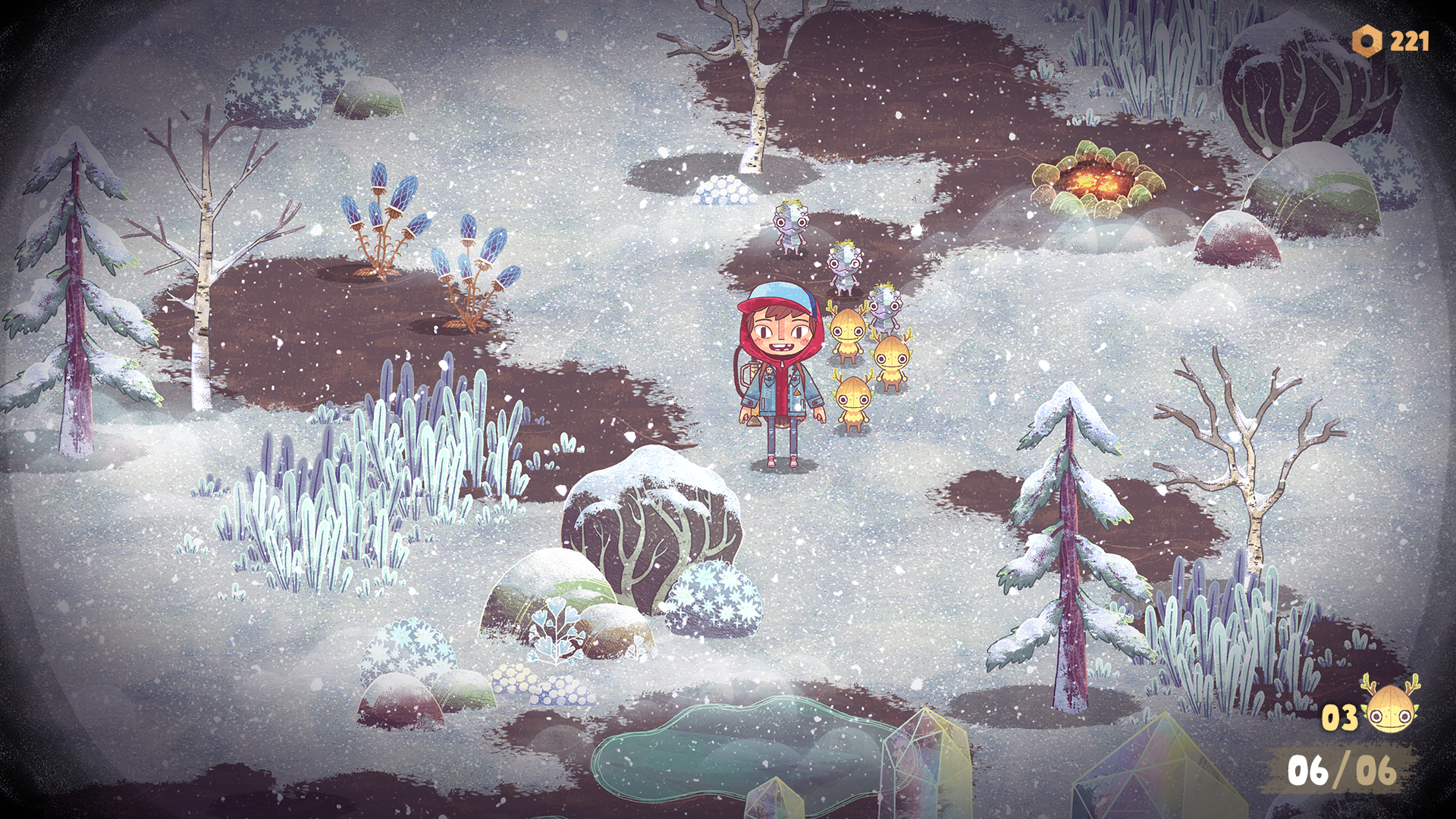The coronavirus pandemic is putting indie developers in an even tougher spot
Despite more people gaming in self-isolation, indie developers are afraid of the economic fallout of COVID-19.

Chris Wright had spent years getting ready to go all-in on developing his own game. He'd saved up while working as a software engineer and test manager at places like Blizzard and Bungie until late last year, when he planned to launch his own studio called Poorly Timed Games. But the global coronavirus pandemic would add an unexpected new meaning to his studio's name. Wright's plans were about to change drastically.
"The previous model of building a demo and then looking for a publisher is scary for a lot of folks now," Wright tells me. "Since there's no telling if there will be money available in six or nine months, I've heard it may be much harder to get funding." Wright had been hoping to bring on more contractors and find a publisher soon, but that all seems to be a quickly evaporating dream. As the coronavirus epidemic continues to grow, Wright isn't the only indie developer worried about the future.
Uncertain times
If you were on the edge, this is going to sink you. It's going to sink a lot of people.
Alex Hutchinson
On the evening of March 15th, Steam surpassed 20 million concurrent users, setting a brand new record. It's broken that record every week since, hitting 24 million on April 4. That sudden surge is widely attributed to the fact that many countries are on lockdown to combat the spread of COVID-19. With governments ordering their citizens to stay inside, people are turning to games to pass the time.
Despite that huge surge in players staying home due to the COVID-19 outbreak, game developers all over the world are worried about their projects and studios. Several indie developers I've spoken to, especially ones who are earlier in their independent careers or trying to start a new project, are struggling to find funding and plan for the future.
"One thing that's become an unknown is what we're doing next," Alex Rushdy, the CEO of 13AM Games, says. The Toronto-based studio recently grew to 12 developers after it successfully launched Runbow in 2015, a colorful 9-person party platformer where players adapt to rapidly changing levels, and Double Cross in 2019, a sidescroller about interdimensional travel. 13AM Games' latest project is 4-player couch co-op brawler Dawn of the Monsters, featuring Godzilla-sized beasts fighting over the fate of the planet. Rushdy is hoping to launch at the beginning of 2021.
But in order for 13AM Games to sustain this growth, it needs to start developing two games simultaneously. A second, unannounced project is in the works and the plan was to attend the now-cancelled E3 in June and secure a publisher to help fund the game. "That's not going to happen now," Rushdy says.
"[A lot of the communication] with publishers for all the projects we were trying to start has stopped," he adds, saying that some publishers were too backed up to reply while others had gone completely silent.
Keep up to date with the most important stories and the best deals, as picked by the PC Gamer team.
It's a scary time for 13AM, Rushdy explains, but it could be a lot worse. "We got a publisher on board for [Dawn of the Monsters], signed with them back in October so we're pretty well covered," Rushdy tells me while quarantined in his bedroom. "If we were relying on GDC to secure something or were still looking now then we could be in hot water."
Rushdy empathizes that the sudden stop in communication could be from companies rushing to work from home, many of whom may have not been prepared for a sudden change. He and other developers I spoke to believe the industry will benefit in the short term from higher game sales, but the outbreak could have a worse impact later this year.

"It's going to be incredibly divisive, some groups will get huge profits and some groups will lose everything," Typhoon Studios founder Alex Hutchinson says. "If you have [games already out] to lean on, you may do well because everyone is locked in their houses for entertainment. If you were on the edge, this is going to sink you. It's going to sink a lot of people."
Hutchinson started Typhoon Studios in 2017 after working on Assassin's Creed 3, Far Cry 4, and a project code-named Pioneer at Ubisoft. Typhoon launched the first-person survival adventure Journey to the Savage Planet in January, shortly after being acquired by Google in December of 2019. "This is why I went through with that decision," he says. "I got criticized for it but when you get the offer to make games with stability then you take it.
"You never know what's coming," Hutchinson adds. "I've woken up in a cold sweat after having a dream about needing to lay off my friends."
Most of the developers I spoke to agreed that funding would be difficult to find with the impact COVID-19 has had on the economy. Publishers and other sources of funding will be hesitant to take on new projects.
Publishing deals can vary wildly from game to game, but they typically offer studios financial and development support while the designers work in exchange for a cut of game sales. Several developers expressed concerns that publishers will avoid spending money in order to prepare for a recession. That leaves independent developers in a precarious position.
"I do keep hearing the whole 'games are doing so well right now' line of thinking, but I think that's likely short term because of people being bored at home," Moonlight Kids creative lead Justin Baldwin says. "I think, depending on how things pan out, game sales are going to go down since a lot of folks are going to be forced to watch their spending. So while it might not be affecting some of us in the industry too much at the moment, I think the ripple effect will."
I worry about smaller studios in places where there isn't this support.
Alex Rushdy
"I also know a lot of us indie developers all have unique situations," Baldwin explains. "Some of us rely on our partners for health insurance, don't have any healthcare at all, and have long stretches of time with no income."
Moonlight Kids, which is knee-deep in development of the Pikmin-like The Wild at Heart, had already signed with Humble Publishing before the coronavirus outbreak became widespread. "For the most part we are doing okay, in terms of still being able to pay our bills and everything," he says.
"I worry about smaller studios in places where there isn't this support, especially if they are looking for publishers," Rushdy says, referring to the help small businesses receive from the government in Toronto. "It's hard to say if any of our projects will materialize. I don't think we'll get anything signed for months."
In late March, Canadian Prime Minister Justin Trudeau announced a plan to support qualifying small businesses, including game studios, that includes a 75 percent wage subsidy for three months, tax deferment until June, and interest-free loans. That could be make-or-break for Canadian developers, but indies in the United States don't have a fraction of that support.
As a response to the crisis, the United States Congress passed the Coronavirus Aid, Relief and Economic Security Act (CARES). CARES does not include a wage subsidy, but rather zero-interest loans that may help in the short term, but will still burden studios with the cost down the line. The United States is also giving qualifying citizens a one-time payment of $1,200, but many of the developers I've spoken to say it won't help.

Long-term problems
The pandemic won't be over soon. Many cities around the United States have recently extended their stay at home orders through the end of April. Experts have said the outbreak is going to continue to get worse before it gets better. Without much guidance, many game developers—and everyone else, for that matter—can't plan for the future.
All the developers I spoke to agreed that timelines are up in the air at this point. On top of shows like GDC, E3, and Bitsummit being canceled, further-out events like Gamescom have been canceled or changed to be held virtually. Developers also don't know when publishers and other sources of funding will be open for pitches again.
"I think it means there will be more indies willing to try Patreon, Kickstarter, Fig and other things than before," Wright says. "Those platforms are definitely high on my list now."
Wright, and several others, say they may have to turn to the players to stay in business. Crowdfunding platformers like Kickstarter were already a popular option for game developers before the pandemic and could become even more vital now.
Despite the uncertainty, Wright still needs to figure out what he's going to do with Poorly Timed Games. He doesn't want to put his project on hold, but it's difficult to move forward when he can't meet with his narrative designer or bring on other new faces. Hiring new talent is expensive, time consuming, and scary on a good day, let alone during an international crisis.
"I don't have a lot of folks depending on me, at least I'm not facing laying off anyone. I'm still hoping to hire some art contractors soon," Wright said. He has enough money to keep going through these rough times, but if he can't keep his one-man studio working he will have to consider alternatives. "Maybe take a full-time job? I'm still proceeding, but I'm trying to be cautious since this may change how everything works."
He has enough money to keep going through these rough times, but that's a luxury that few developers—not to mention all those who are now unemployed due to this unprecedented epidemic—have.

